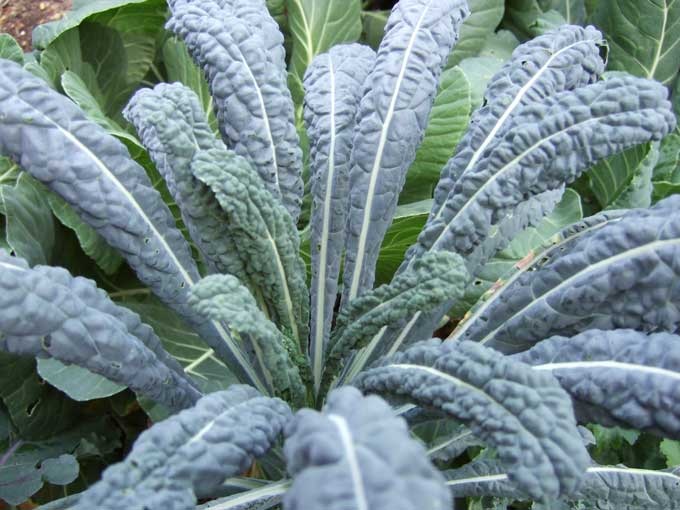Your Essential Guide on Vitamin B12 and Its Functions and Sources

Are you constantly tired and feeling like you are running out of steam? If so, you’re probably starting to worry about your health. But did you know that a nutrient deficiency could also be the culprit? Vitamin B12 deficiency is much more common than you think, and its symptoms are varied and can often mimic those of more serious illnesses.
Because of this, you need to know more about Vitamin B12. Read on to understand the roles that Vitamin B12 has in our bodies!
What is Vitamin B12?
Vitamin B is actually a collective term for several types of vitamins, namely Vitamins B1, B2, B3, B6, B9, and B12 as well as biotin and pantothenic acid. Vitamin B is needed for the production of energy in our body. Vitamin B12, which is also known as cobalamin, is a vital component in the creation of red blood cells and energy metabolism. Because of this, it has been unofficially coined as the “energy vitamin.”
Vitamin B12 and Its Relationship with Protein
Vitamin B12 is a water-soluble vitamin that’s excreted through our urine. It can’t be stored in our body for long periods of time, which means that we need to constantly replace it through our diet. Fortunately, food sources of Vitamin B12 are easy to find since it naturally binds to proteins and can, therefore, be found in high-protein foods like meat, poultry, fish, milk, and eggs. You can also get it from certain protein shakes that are formulated with Vitamin B12. Check out Vegan Liftz’s review on Vega One Shake to learn more!
The Main Functions of Vitamin B12
Vitamin B12 has numerous functions in our body which includes the conversion of stored carbohydrates into glucose so it can be used as an energy source. The vitamin also plays an important role in maintaining the normal function of our nervous system, and studies have shown that it might help in managing neurodegenerative diseases such as Alzheimer’s disease. Vitamin B12 is likewise essential in the formation of DNA and the absorption of Vitamin B9 or folic acid, and it’s an important component in red blood cell development, cell repair, and even DNA formation.
Other functions of Vitamin B12 are listed below:
1. Boosts your energy. Most bodybuilders and athletes get Vitamin B12 shots or supplements for added energy, which sustain them during training and in competitions.
2. Makes one less prone to infectious diseases by improving the immune system.
3. Promotes hair and skin health.
4. Enhances your memory by improving nerve transmission.
5. Decreases the chances of developing some cancers like pancreatic cancer.
How Does Vitamin B12 Work?
When people talk about energy-giving food sources, what comes into mind are diets that are rich in fats, proteins, and carbohydrates. But, while these macronutrients are undeniably important, it does not mean that vitamins are useless in giving the body a much-needed energy boost!
Vitamin B12 works by aiding energy-releasing enzymes that derive their potency from proteins, fats, and carbohydrates. You can think of it this way: if macronutrients are fuels and your body is the machine, Vitamin B12 serves as the spark plug that ignites the engine to run. This is why it’s incredibly important in the body’s energy absorption processes.
Vitamin B12 is primarily involved in the biochemical processes that are necessary for keeping the body strong and capable of performing daily physical tasks. The bottom line is, without this vitamin, your body will not be able to properly use the energy reserves that are derived from the nutrients that you consume on a daily basis.
The Main Sources of Vitamin B12
Because of Vitamin B12’s role in energy production, it has been touted as a natural remedy for lethargy. However, even if you don’t feel tired or listless, you should still get enough of this vitamin to maintain good health. To get your Vitamin B12 energy boost, you must have a plan to incorporate it into your daily diet. You can get this vitamin in shots, supplements, and other products that are available at the advice of your doctor. You can also get it from foods and drinks such as milk, liver, cheese, beef, salmon, tofu, eggs, sardines, pecans, almonds, walnuts, yogurt, and more.
What You Need to Know about Vitamin B12 Foods
As mentioned above, Vitamin B12-rich foods are exclusively animal-based since it occurs as a protein complex within animal bodies and animal products. Beef liver, clams, and oysters are some of the richest food sources of this vitamin. Other sources include chicken liver, beef, mackerel, salmon, cheese, swordfish, and other animal-based food products.
Plant-based foods aren’t a good source of Vitamin B12 unless they have been fortified with it. This is why many vegetarians and vegans have issues with B12 deficiency. Fortunately, if you’re committed to leading a vegan or vegetarian lifestyle, you don’t have to worry since there are many vegan recipes that can help you have a balanced diet. There are also supplements, protein shakes, and other products that are specially formulated to help vegans fight vitamin deficiency.
